
Question to the EC: EIB investments in the world’s fragile regions
See Francisco Guerreiro’s question to the European Commission and the written answer on EIB investments in the world’s fragile regions.
Subject: EIB investments in the world’s fragile regions
With an expected annual growth of 9.6 % until 2022, the ICT sector is one of the fastest‑growing industries. Its supply chain (mines, smelters and manufacturing) is untraceable, but is associated with risks such as human rights abuses, socio-ecological conflicts and violations of labour conditions, which should be a no‑go area for public finance.
The EU-funded ‘Make ICT Fair’ report of CEE Bankwatch Network on the Amulsar gold mine in Armenia, which was supported by the European Bank for Reconstruction and Development, highlighted the lack of public participation in the decision‑making processes of the mine, which could be destructive for the region. Communities have reported being ignored, intimidated and sued in court.
The European Investment Bank (EIB) does not have a human rights policy or due diligence process. No ‘stand‑alone’ human rights impact assessment has been required since 2015, even though projects have been carried out in high‑risk‑country contexts.
How does the Commission plan to influence the review of the EIB Statement on Environmental and Social Principles and Standards to ensure human rights due diligence, given that the EIB uses EU money to support investments in the world’s most fragile regions?
Answer in writing
As a Treaty-based EU body, the European Investment Bank (EIB) must adhere to the Charter of Fundamental Rights. The EIB’s Environmental and Social Standards, against which the Bank screens its projects, integrate human rights impact assessments and social assessments to protect the rights and interests of vulnerable groups.
The EIB is currently reviewing the Environmental and Social Standards to align them further with the United Nations Guiding Principles on Business and Human Rights(1). The review will be based on a public consultation to be launched in 2021 and on consultations of human rights experts.
The Commission will have an opportunity to provide comments on the revised Environmental and Social Standards in this context. The reviewed standards will in turn be presented to the EIB’s Board of Directors for adoption.
(1) https://www.ohchr.org/documents/publications/guidingprinciplesbusinesshr_en.pdf
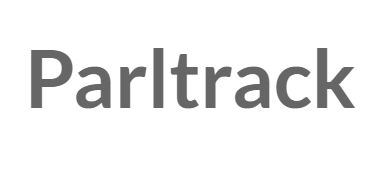

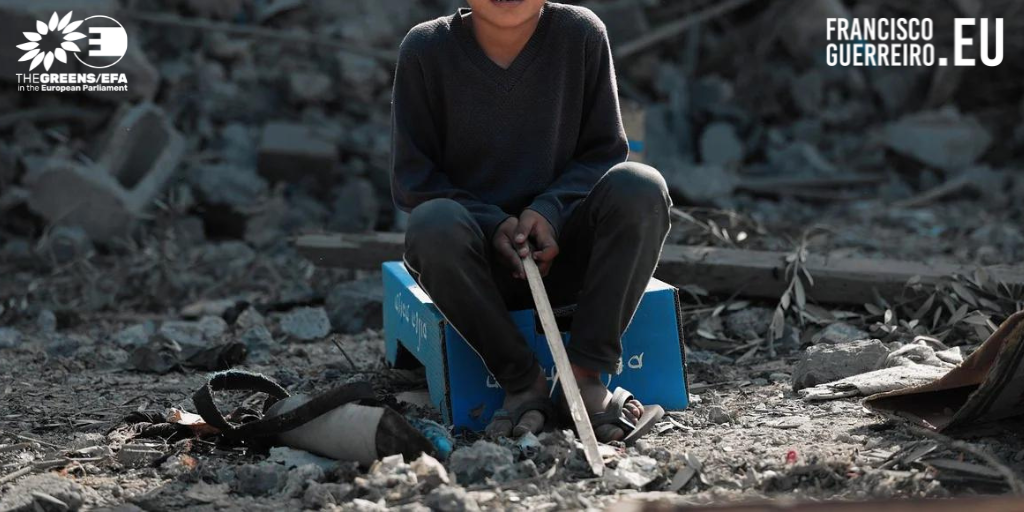
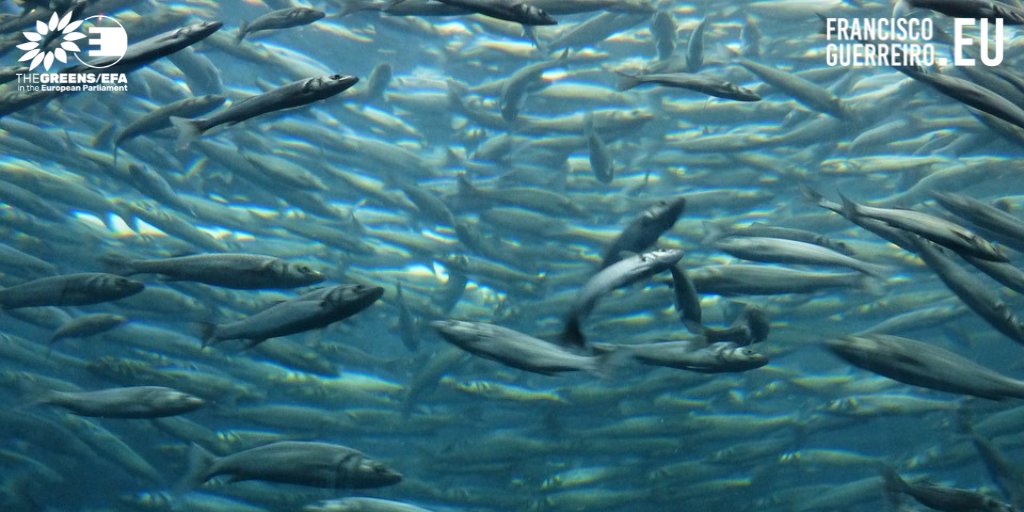
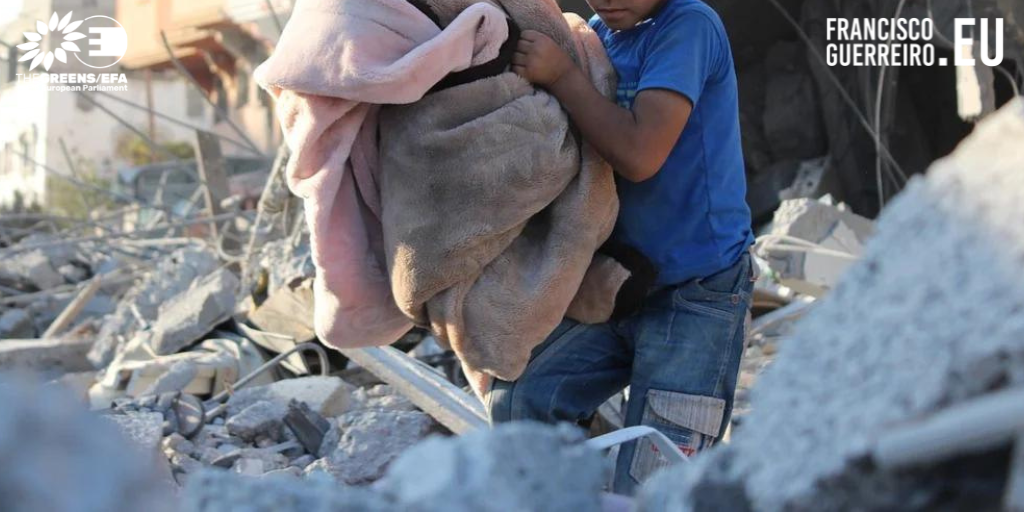
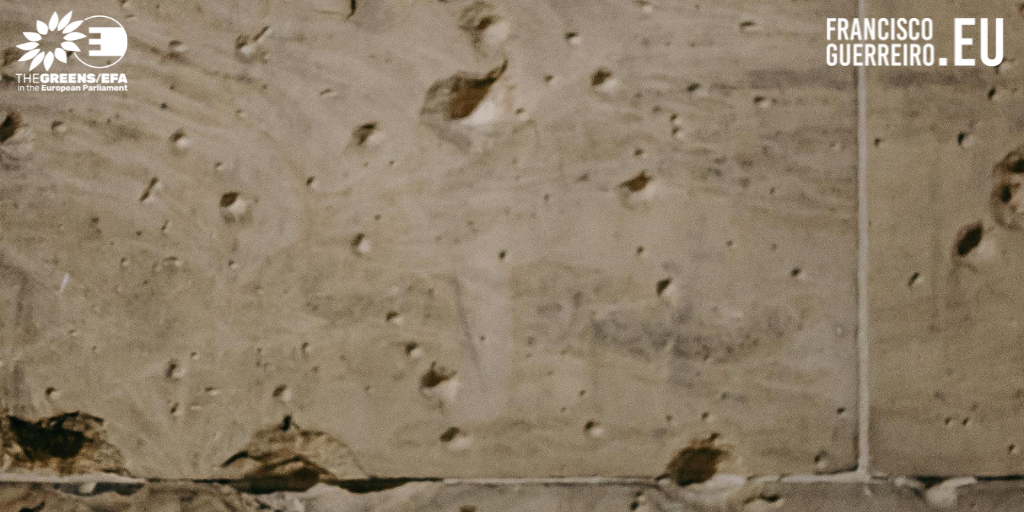
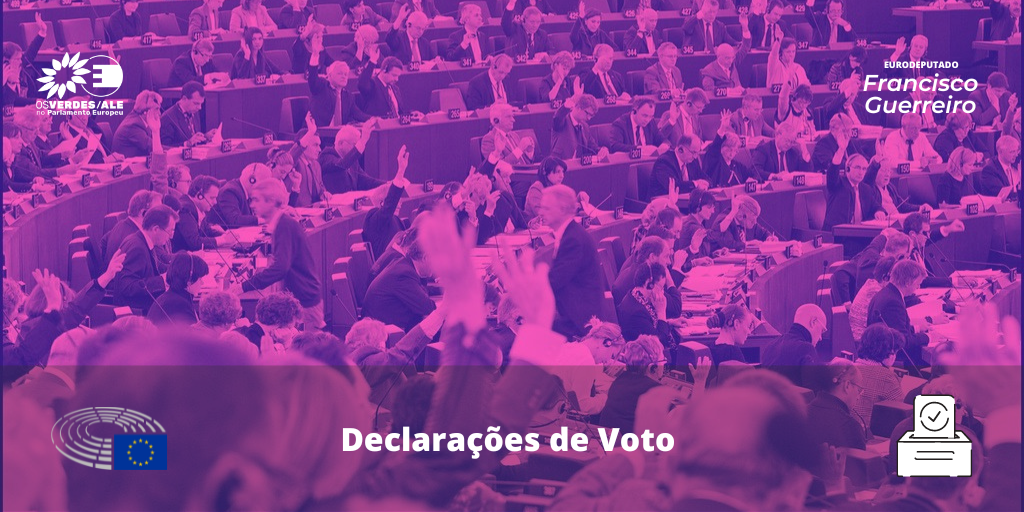
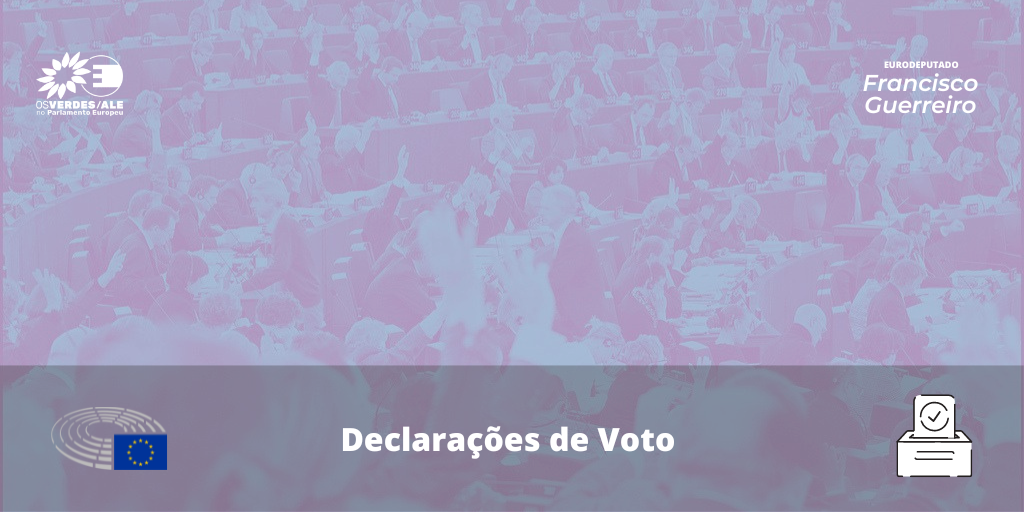
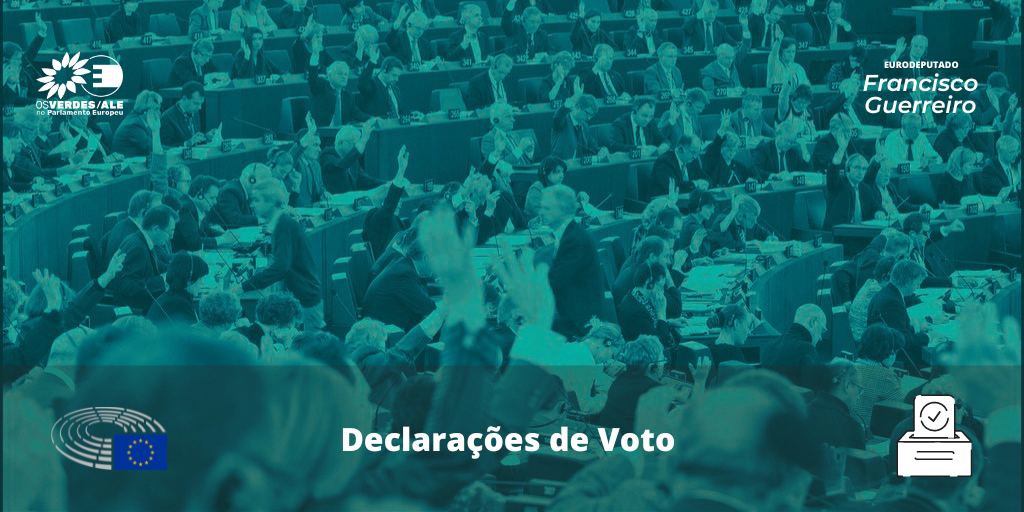
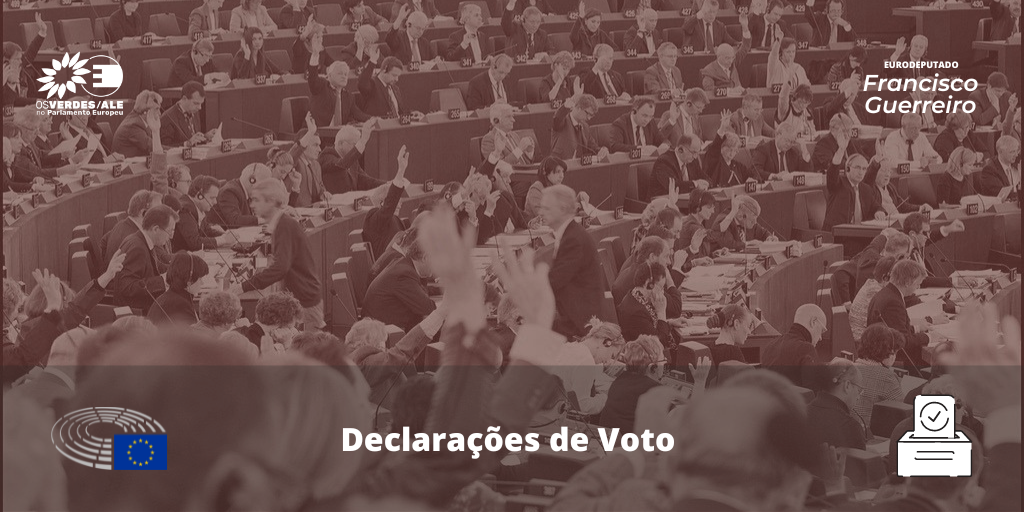
ParlTrack - Francisco Guerreiro considered one of the most productive MEPs
Monday, 01 July 2024
The analytical website ParlTrack has recorded all the parliamentary actions of MEPs during the 2019-2024 term, considering Francisco Guerreiro one of the most productive.READ MORE